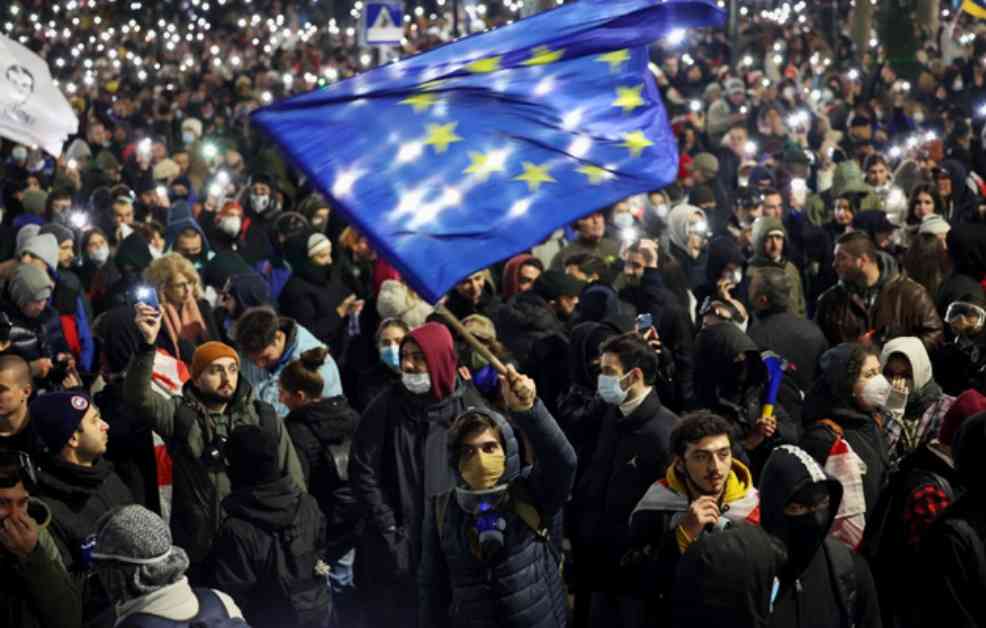Europe’s Response to Growing Threats
In a rapidly evolving geopolitical landscape, Europe finds itself at a critical juncture, navigating a complex web of challenges from escalating tensions with Russia to internal political shifts. President-elect Donald Trump’s proposed tariffs and Vladimir Putin’s aggressive actions in Ukraine have spurred European nations to take proactive measures to safeguard their interests.
Strengthening Military Capabilities
In 2024, European countries made significant strides in bolstering their military capabilities in response to the changing security environment. Military spending saw a substantial increase, reflecting a growing consensus on the need to enhance defense preparedness. Moreover, the election of seven “far-right” governments advocating for nationalism, law and order, and anti-immigration policies underscores a broader trend towards prioritizing security concerns.
Expanding Alliances and Alliances
Against the backdrop of mounting threats, the European Union (EU) has witnessed a series of strategic developments aimed at fortifying its position on the global stage. With 27 member states, four members in its free trade area, and nine awaiting approval, the EU continues to expand its reach and influence. NATO, too, has seen growth with the entry of Sweden and Finland, further strengthening the alliance’s collective defense capabilities.
Challenges and Imperatives
However, as Europe grapples with the prospect of increased military spending and closer alliances, the specter of Russian aggression looms large. Reports of Russia’s plans to invade neighboring countries, including Finland and the Baltic states, have raised concerns about the security landscape in the region. The recent escalation of hybrid attacks on NATO countries underscores the urgency of addressing these threats with a cohesive and coordinated response.
As European nations confront these challenges head-on, the imperative to enhance defense capabilities, fortify alliances, and adopt a unified stance against external threats becomes increasingly apparent. The evolving security dynamics in Europe demand a proactive and resolute approach to safeguarding the region’s stability and prosperity.
In this era of heightened geopolitical tensions and shifting power dynamics, Europe stands at a pivotal crossroads, poised to shape its future in the face of mounting uncertainties and complex challenges. As the continent navigates a turbulent geopolitical landscape, the need for concerted action, strategic foresight, and unwavering resolve has never been more pressing. By fortifying military capabilities, expanding alliances, and addressing security threats head-on, Europe can chart a course towards a more secure and stable future for its citizens and partners alike.

















